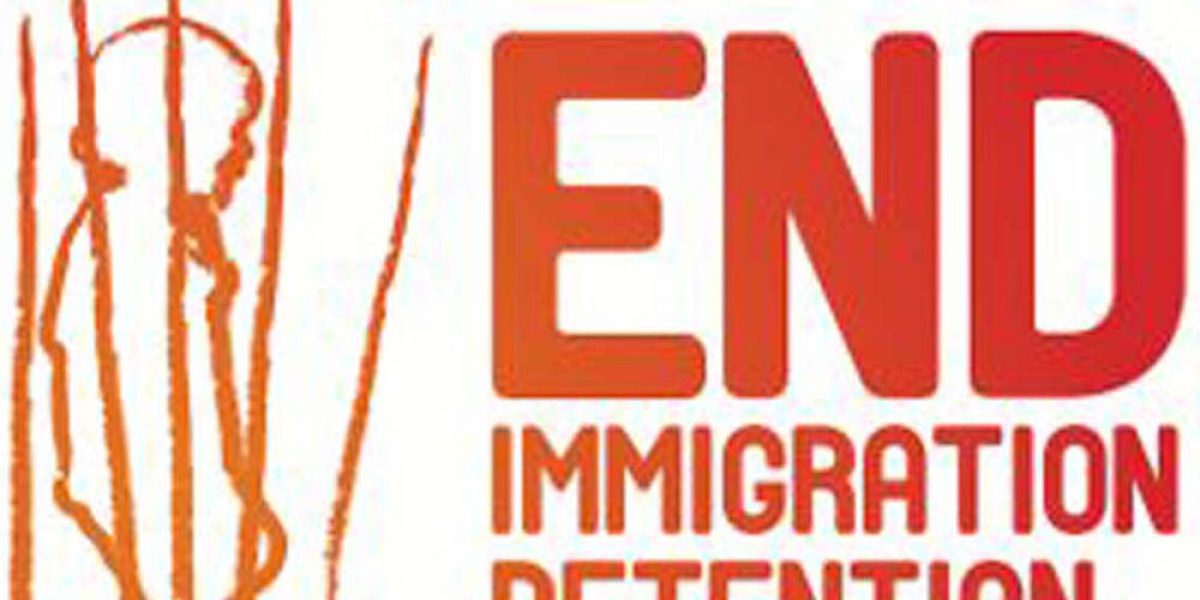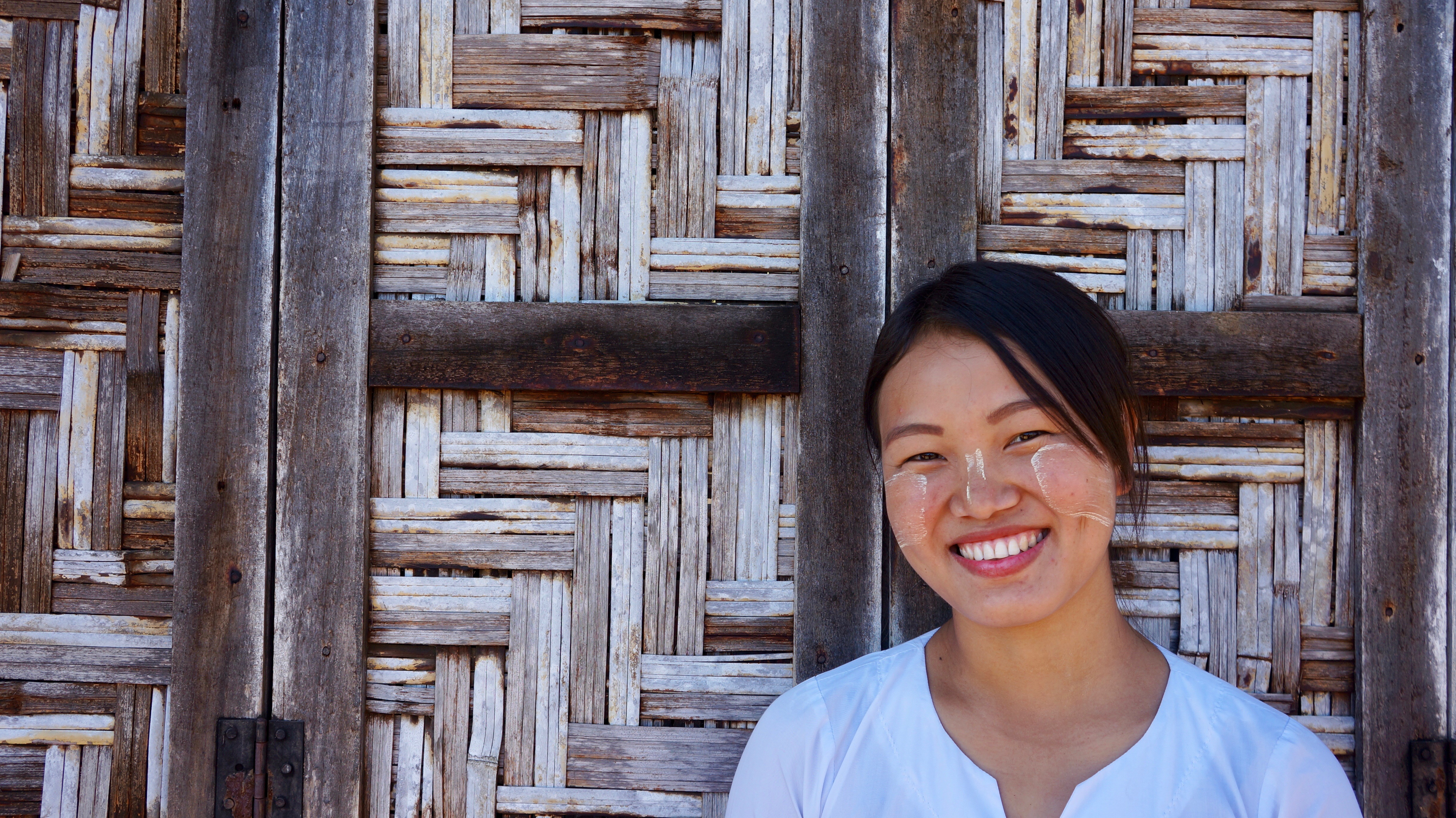Asia Pacific: A call on States to end the detention of children
10 December 2012

Bangkok, 10 December 2012 — On this Human Rights Day, the International Detention Coalition (IDC), together with the Global Campaign to End Immigration Detention of Children, call on States to take steps to prevent or end child detention and start employing humane community-based alternatives.
Detention, even for short periods of time, has a negative psychological and emotional impact on migrant children, who typically do not pose a threat to the receiving community.
The IDC and the Campaign will be organising an event at the Human Rights Council on the issue, along with supportive States. The IDC invites Governments to learn more about the existing alternatives to detention, as described in the Child Sensitive Community Assessment and Placement Model it has developed.
The Global Campaign to End Immigration Detention of Children was launched this year at the 19th Session of the Human Rights Council and started conducting a series of “focus months”, concentrating on the issue of child immigration detention in countries like Australia, Greece, South Africa, and just last month, Mexico, where 4,172 children were detained in 2011 and that number is reported to exceed 5,000 in 2012.
According to the Universal Declaration of Human Rights, “no one shall be subjected to arbitrary arrest, detention or exile” (Art. 9), and children, due to their vulnerability, certainly make no exception.
Nonetheless, they are countries which are moving away from the practice of detaining children and the IDC and the Campaign to End Child Detention want to encourage them to share their best practices in statements at the Human Rights Council next year, as well as at the High Level Dialogue on Migration, which is planned by the UN General Assembly.



